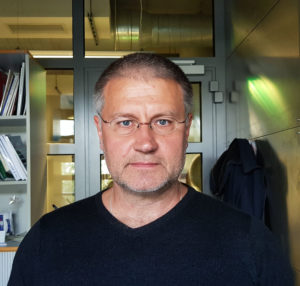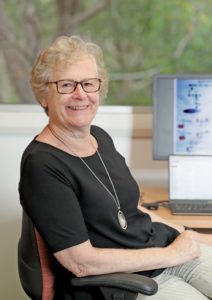Molecular Omics is delighted to cast a spotlight on two of our latest Editorial Board appointees – Associate Professor Hyungwon Choi of the National University of Singapore, and Dr Andrej Shevchenko of the Max Planck Institute of Molecular Cell Biology and Genetics.

Andrej Shevchenko
Andrej Shevchenko is a Group Leader at MPI-CBG, where his lab uses mass spectrometry to detect and quantify molecular composition. The group focuses on developing analytical technologies to quantify known biomolecules as well as discover new biomolecules – in particular lipids and proteins – which are present in a variety of biological and biomedical contexts.
Andrej studied chemistry at Leningrad State University and obtained his doctoral degree in Biotechnology from the Leningrad Institute of Technology. In 1994 he joined the Matthias Mann group at the European Molecular Biology Laboratory, Heidelberg, before assuming the Group Leader position at the Max Planck Institute of Molecular Cell Biology and Genetics, Dresden, in 2001.
Upon joining the Editorial Board, Dr Shevchenko commented that he believes the journal has a very nice concept and is really happy to be on board. We are delighted to welcome him to the team!

Hyungwon Choi
Prof. Choi obtained his Ph.D. in Biostatistics from the University of Michigan, staying on as a post-doctoral research fellow at the University of Michigan Medical School. Since then, he has moved to Singapore to lead the Computational and Statistical Systems Biology Lab at the National University of Singapore. His research focuses on developing computational methods for multi-omics data integration, proteogenomics analysis, mass spectrometry data processing for proteomics and metabolomics analysis, and interactive data visualization.
To find out more about his work, visit the lab group website or read some of his research, such as this recent Molecular Omics article:
PTMscape: an open source tool to predict generic post-translational modifications and map modification crosstalk in protein domains and biological processes
Ginny X. H. Li, Christine Vogel and Hyungwon Choi, Mol. Omics, 2018, 14, 197-209














